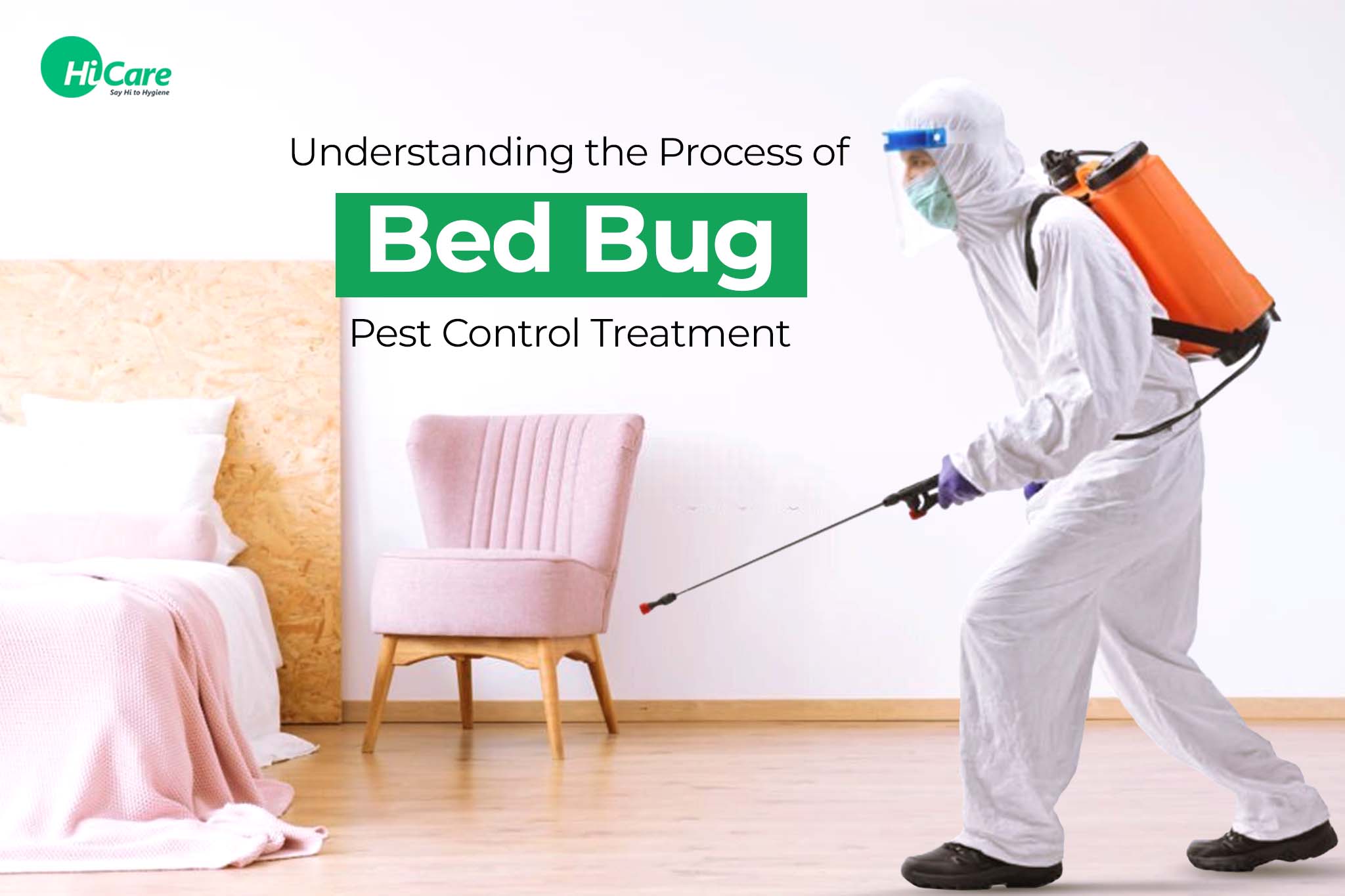Leading A1 Bed Bug Treatment in Houston - Quick and Affordable
Leading A1 Bed Bug Treatment in Houston - Quick and Affordable
Blog Article
Comprehending the Lifecycle of Parasites for Targeted Control Approaches
Understanding the lifecycle of pests is a fundamental aspect of reliable parasite monitoring approaches. By understanding the numerous phases of advancement that bugs go through, a more precise and targeted approach can be taken on to regulate their populaces. This expertise not just drops light on the vulnerabilities within the insect lifecycle however likewise leads the way for applying critical actions that can interrupt their growth and reproduction cycles. Through a much deeper understanding of just how insects progress and prosper, tailored control techniques can be developed to address specific factors in their lifecycle, inevitably bring about even more effective bug administration results.
Value of Understanding Bug Lifecycle
Recognizing the lifecycle of insects is essential for establishing reliable and targeted control techniques in bug management. By comprehending the numerous phases an insect goes via from egg to adult, bug control specialists can determine weak spots in the lifecycle where intervention can be most successful. For circumstances, knowing when larvae are most active can assist determine the optimal timing for using larvicides. Additionally, comprehending the life-span of a pest types can assist in predicting population development patterns and potential infestation dangers.
Furthermore, acknowledging the particular ecological conditions needed for each and every stage of the pest's lifecycle can direct decisions on habitat modification or exclusion techniques to minimize and interrupt the lifecycle parasite populations. This expertise allows pest administration professionals to apply aggressive procedures rather than relying only on reactive treatments, bring about even more long-lasting and sustainable parasite control options. Eventually, an extensive understanding of insect lifecycles encourages bug control practitioners to customize their techniques effectively, decreasing environmental impacts and taking full advantage of control results.
Key Stages in Pest Development
To successfully carry out targeted control strategies in insect management, a critical aspect lies in thoroughly identifying and recognizing the crucial stages in pest growth. Parasite development generally includes numerous key stages that are vital for their lifecycle and monitoring. The initial stage is the egg phase, where parasites lay eggs that later on hatch out right into larvae. Larvae then progress into pupae, a stage where they undergo metamorphosis before arising as adult bugs. Recognizing these phases is essential as it helps in pinpointing weak spots in the lifecycle where control procedures can be most efficient.

Vulnerabilities in Pest Lifecycle
Throughout the different stages of an insect's lifecycle, distinct vulnerabilities arise that can be purposefully targeted for reliable control procedures (A1 bed bug extermination houston). One critical susceptability exists in the egg phase, where pests are often extra prone to specific insecticides or organic control agents due to their soft outer covering, making them simpler targets for intervention. Recognizing these susceptabilities in the insect lifecycle is important for developing specific and effective control methods that efficiently handle pest populaces while decreasing ecological influence.
Applying Targeted Control Actions

Applying targeted control measures generally includes a multi-faceted strategy. This might consist of environment modification to make the setting less friendly to insects, such as getting rid of standing water for mosquito control or securing entrance points for rats. Furthermore, organic control methods can be made use of, great site where natural killers or microorganisms are introduced to maintain parasite populaces in check.
Integrated Bug Administration (IPM) methods that incorporate numerous control procedures in a worked with and lasting fashion are usually the most efficient in attaining lasting bug administration objectives. By carrying out targeted control procedures based on a detailed understanding of parasite lifecycles, parasite populaces can be properly regulated while decreasing threats to human health and wellness and the atmosphere.
Improved Bug Administration Practices

Additionally, the unification of biological control agents, such as all-natural predators or microorganisms of pests, can assist lower reliance on chemical pesticides and promote a much more well balanced environment. Implementing physical obstacles and traps can also belong to boosted bug management techniques, providing safe and targeted services for parasite control. Additionally, the use of scents and other semiochemicals can interfere with pest mating patterns and interaction, causing decreased pest populaces over time.
Verdict
By determining key stages in insect advancement and vulnerabilities in their lifecycle, targeted control procedures can be applied to decrease parasite populations. Enhanced insect management methods can help reduce the dependence on broad-spectrum pesticides and promote more eco friendly and sustainable pest control methods.
Comprehending the lifecycle of pests is vital for developing efficient and targeted control methods in parasite administration. By understanding the numerous phases a pest goes through from egg to adult, parasite control experts can identify prone points in the lifecycle where treatment can be most successful. Eventually, an extensive understanding of pest lifecycles equips pest control experts to tailor their approaches efficiently, taking full advantage of and minimizing environmental influences control outcomes.
By carrying out targeted control measures based on a complete understanding of pest lifecycles, bug populaces can be effectively managed while decreasing risks to human health and wellness and the setting.
By identifying crucial phases in pest development and susceptabilities in their lifecycle, targeted control actions can be you could try here implemented to wikipedia reference reduce bug populaces.
Report this page